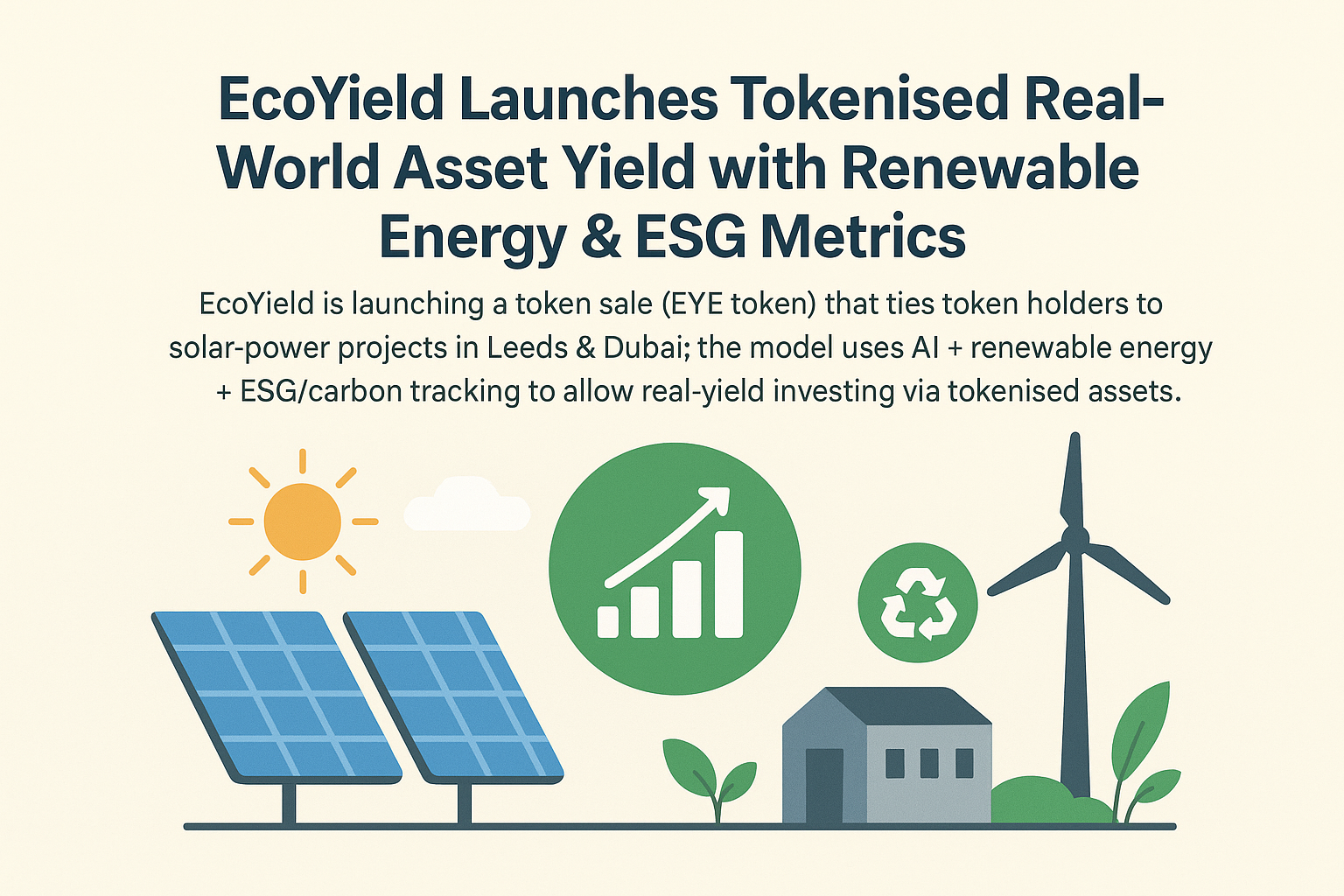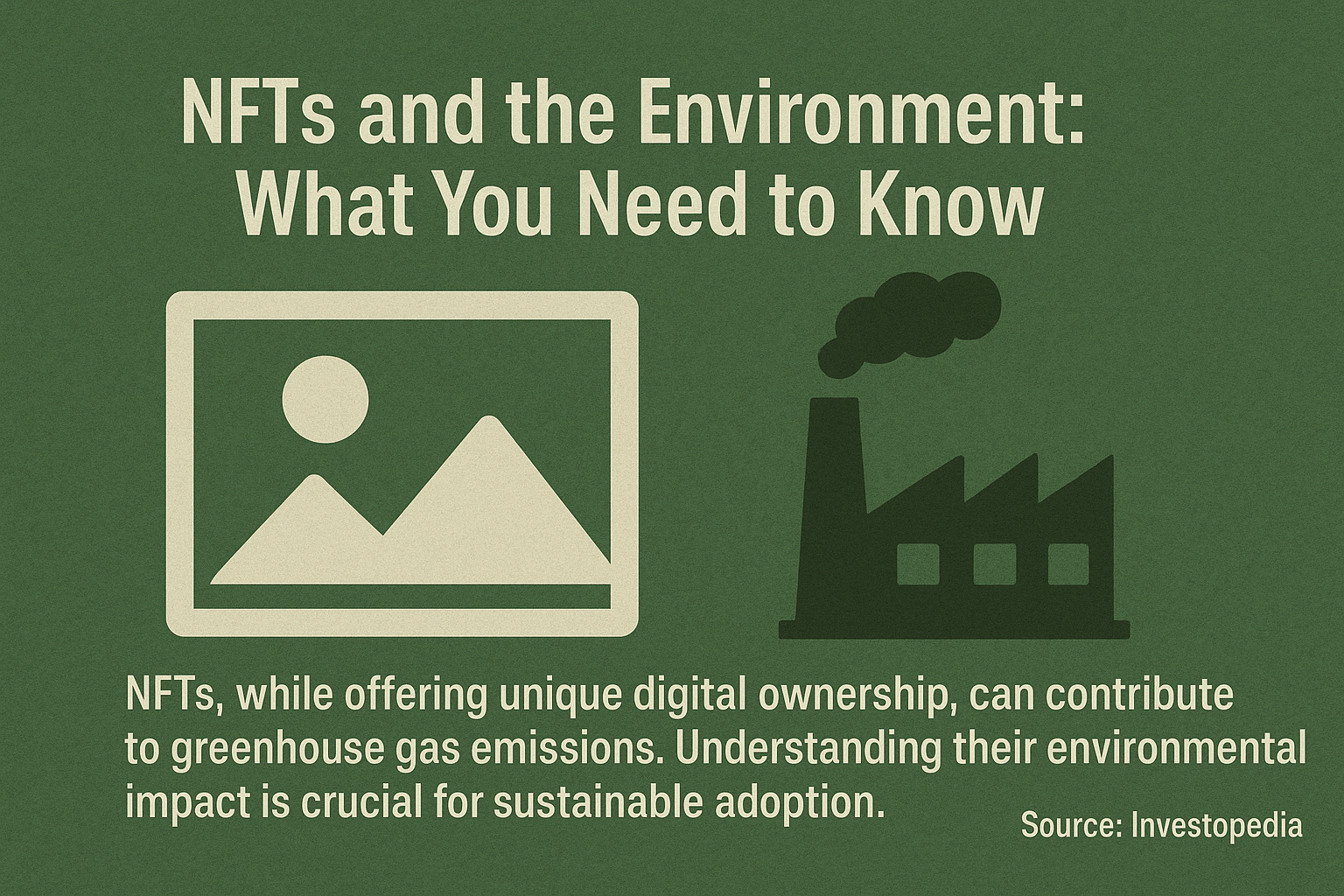As the European Union ramps up its commitment to sustainability and circular economy goals, an innovative solution is emerging at the intersection of blockchain and environmental responsibility: Digital Product Passports (DPPs) powered by NFTs (Non-Fungible Tokens).
What Are Digital Product Passports?
Digital Product Passports are secure, digital records that store key information about a product’s lifecycle. From raw materials and manufacturing origins to usage data and recycling instructions, DPPs are designed to provide transparency and traceability across supply chains. The EU has made these passports a central pillar of its Circular Economy Action Plan, aiming to extend product lifespans and reduce waste.
The Role of NFTs in DPPs
NFTs offer a powerful way to implement Digital Product Passports. Unlike traditional QR codes or centralized databases, NFTs are immutable, verifiable, and decentralized, making them ideal for storing and sharing detailed product data in a secure and tamper-proof way.
Each product can be assigned an NFT that acts as its unique digital identity. This NFT contains or links to structured data, such as:
-
Material composition
-
Manufacturing and origin certifications
-
Repair and maintenance history
-
Ownership records
-
Recycling and disposal instructions
Since NFTs can be updated with new data (e.g., service history or part replacements), they enable a dynamic passport that evolves over the product’s lifecycle.
Why It Matters for Sustainability
The implementation of NFT-based DPPs can accelerate sustainability in several key areas:
-
Extended Product Lifespan – Easy access to repair and usage data helps consumers and service providers extend the usability of products.
-
Waste Reduction – Products are less likely to be discarded prematurely when accurate recycling or reuse options are available.
-
Better Consumer Choices – Shoppers can make informed decisions based on verified environmental impact data.
-
Regulatory Compliance – Businesses can meet upcoming EU regulations on product transparency and circularity more easily.
Industry Adoption Is Underway
Several European industries—including fashion, electronics, and automotive—are already exploring DPPs through pilot projects. Startups and established companies alike are leveraging NFT technology to future-proof their supply chains and demonstrate their ESG (Environmental, Social, and Governance) commitments.
For example, fashion brands are using NFTs to track garments from textile origin to retail sale, providing proof of ethical sourcing and supporting resale markets.
Challenges Ahead
While the technology holds promise, widespread adoption will require overcoming hurdles such as:
-
Data standardization across industries
-
Integration with physical products (e.g., RFID, QR codes linked to NFTs)
-
Consumer education on how to access and use DPPs
-
Ensuring energy-efficient blockchain infrastructure
NFT-powered Digital Product Passports could be a game-changer in Europe’s push toward a circular economy. By enhancing product transparency and enabling smarter consumption, they offer both environmental and economic benefits. As EU regulations tighten and consumer demand for sustainability grows, DPPs may soon become the new normal—and NFTs might be the digital backbone that makes them possible.




